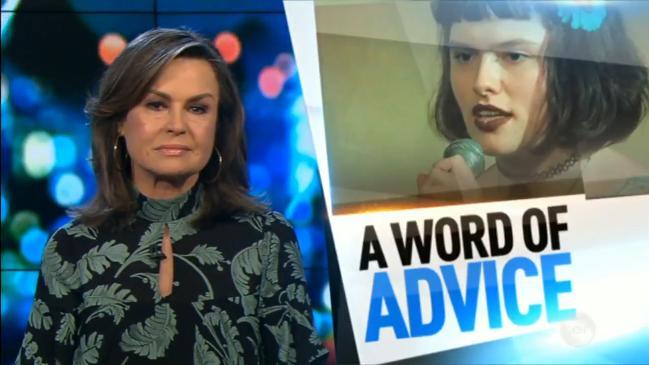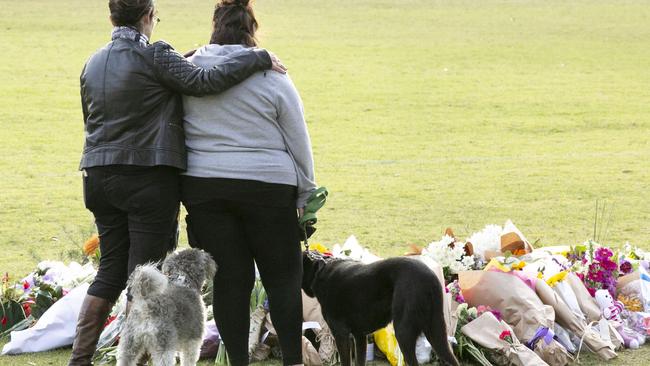It’s not victim-blaming to say take care
EURYDICE Dixon did nothing to deserve her fate. She’s a blameless victim, and telling other women to take care is neither sexist nor victim-blaming, writes Miranda Devine.

SINCE when does warning women to take care when walking through a dark park at night amount to egregious sexism and victim-blaming?
It’s commonsense.
But police were lambasted on social media and in The Age for giving safety advice to the public after the murder of 22-year-old Eurydice Dixon in a public park in Melbourne late one night, last week.
“People need to be aware of their own personal security,” Homicide Detective Inspector Andrew Stamper told media.
“This is an area of high community activity … so just make sure you have situational awareness,” said Superintendent David Clayton.

The officers were not excusing “toxic masculinity”, but trying responsibly to ensure no one else gets hurt, because the world is a scary place and a woman walking through a park in the middle of the night is tempting fate. Why would anyone who cares about women pretend this is not the truth?
It does not mean that poor Eurydice deserved to be murdered or is in any way responsible for the terrible crime. She is the blameless victim.
It just means that other women might take prudent precautions to avoid her fate. There’s no feminist empowerment in placing yourself in danger. In a perfect world we should be able to walk when and where we like without fear of predators.
But our world is not perfect, particularly in Melbourne, where a politically correct, risk-averse police force ensures the streets, and parks, are not entirely safe.
And, maybe, if someone had warned Eurydice not to go into that park that dark night she would still be alive.
